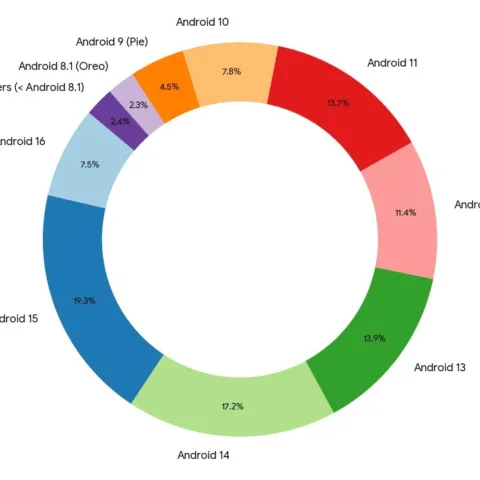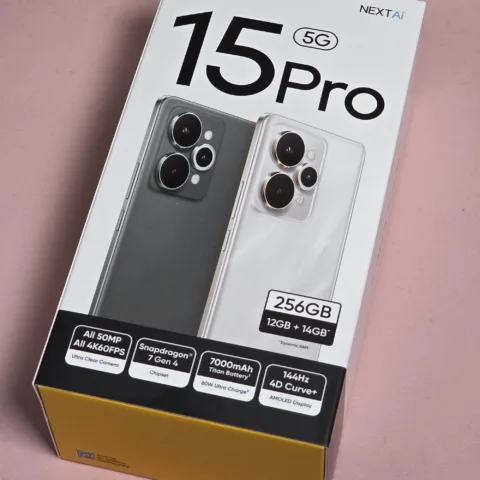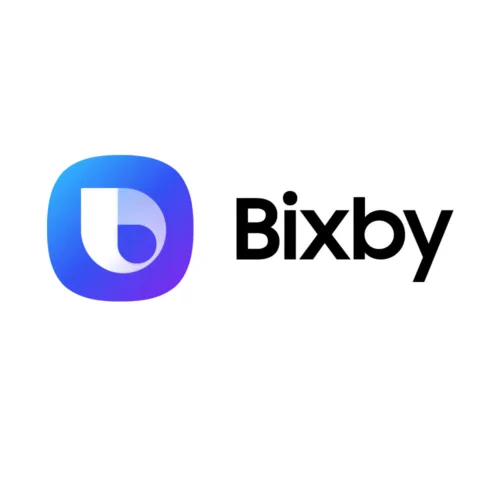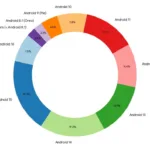 Ever since they launched on October 2010, Instagram has been a huge hit for iOS users and sparks the envy for its competing platform Android and Blackberry. That feel of “exclusivity” rhymes perfectly with Apple’s branding for its products compared to their competitors.
Ever since they launched on October 2010, Instagram has been a huge hit for iOS users and sparks the envy for its competing platform Android and Blackberry. That feel of “exclusivity” rhymes perfectly with Apple’s branding for its products compared to their competitors.
After almost two years and 27 millions users later, founder Kevin Systrom and Mike Krieger finally decided to expand its service to the envious Android users. Of course some people came up with photo editing apps for Android with that Instagram feel, a few apps such as Vignette, PicPlz and Camera360. Technically speaking (and feature-wise), these apps are just as good (if not better) apps compared to Instagram. But then again, Instagram is famous for the things it doesn’t have. And yes, that includes an Android native app.
At least that’s what most marketing analyst thinks.
Facebook is a great example for this whole “exclusivity vs scale” thing. They were pretty popular when they first launched the social networking site and make it exclusive for those with “@harvard.edu” email address. When they decided to expand to other campuses and eventually going 100% public, they manage to keep the company’s brand and reach a mass scale although sacrificing a bit of that feel of exclusivity.
But again, there’s a possibility that Instagram will lost its mojo and identity. When everyone’s special, nobody’s special. And that can cause a problem for Instagram especially with the fierce competition because we can’t ignore the fact that from technical point of view, Instagram is really not that special compared to their competitors. Exclusivity is one of its key strength, and they’re about to throw it away. Probably not exactly a good idea, but if they can manage to scale while preserving their values then it might be big.
So, what do you think about Instagram’s future with this Android release? Let us know in the comments below.











Interesting analysis. Given the fact that Instagram has the social graph with the celebrities, I think they will do very well with Android